Compensation, healthcare & employee benefits are often significant sources of frustration for business owners. By the end of this article, you'll see that finding your own buyer's advocate is not only a good idea; but, a necessity. Having a knowledgeable and experienced team who advocates for you and not for the insurance company will reduce your stress level, save you money and time.
There is a new service called independent evaluators that focuses on helping business owners and their employees. This new service changes the purchase paradigm by offering a business owner their own buyer's advocate. A good advocate puts control in the owner's hands, giving them back control they may have inadvertently given away.
Here are the top four reasons to consider a healthcare buyer's advocate:
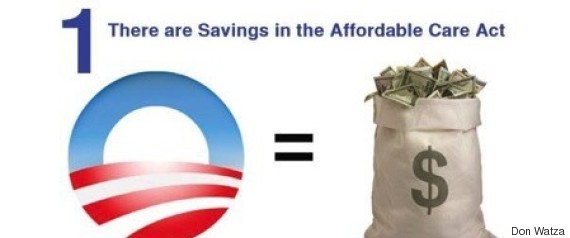
The current industry practice is to maintain the market called, "group healthcare." This means the reward system for sales and product pricing methods remains the same as in years past. The insurance companies and their advocates can continue to deliver healthcare in a similar way as before with similar rewards.
This is a great option if you're in the industry. It's not the best option for owners or employees. Why? Because there are multiple combinations of options that are not being offered by the "group healthcare" delivery system.
"The Affordable Care Act could shift health care benefit responsibility away from employers, potentially saving S&P 500 Companies $700 Billion. ... For U.S. companies with 50 or more employees, total savings to businesses could amount to $3.25 Trillion through 2025." - S&P Capital IQ, Market Intelligence, April 29th, 2014.
What does this mean? A company that limits the choices they consider by relying upon an industry advocate, is restricting their savings.
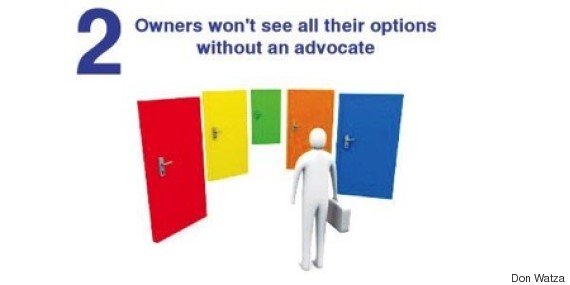
The ACA Obamacare has ushered in many new options for owners, many of which are unknown to owners. The old way of doing business is over. Turning control over to a carrier, exchange or their agent/broker/consultant is not going to advance an owner's interests.
An advocate can help you collect the right data for your business. The goal of the advocate is to improve your ability to consider all of your options and keep your interests primary.
To illustrate how few options owners are hearing about, recently, one of our clients told us she was the only person to raise her hand when the presenter at a business meeting asked the audience who was familiar with healthcare exchanges. To her surprise, only she and one other audience member raised their hand.
Working with BenStaff as their advocate, our client had learned about many options including exchanges. In the end, She saved more than $1,000 per employee by moving to an exchange. There were even lower-cost options, but, after reviewing all of the options, she chose one private exchange that best suited her and her employees needs.
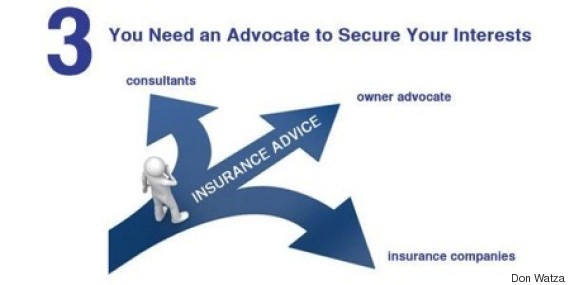
The sale recommendation of a particular product includes benefits for the agent/consultant/broker/carrier/ and vendor. It's part of the financial service business model. These individuals are advocates for the industry, not owners or employees.
The industry imposes a sales relationship because it is the foundation for product delivery in the financial service industry. But, the sales process is designed to sell products that the industry creates. The industry calls it a solution. The largest industry consulting firms illustrate the extent of the problem.
"Major benefit consulting firms, such as Aon Hewitt, Mercer and Towers Watson, are investing significant funds and management resources to develop private exchanges themselves." - Health Insurance Exchange, March 4th, 2014.
These are top industry consulting firms selling their own private exchange product and at the same time providing advice to customers about what they should buy. Their advice to an owner is not independent. This is one reason we're seeing a move to owner advocates who balance information for a good final decision without a sales influence.
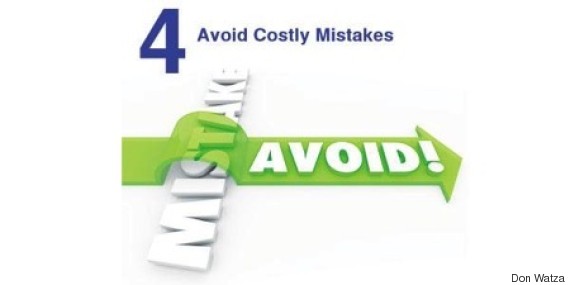
Pitfalls are many when buying insurance and there are always compliance concerns. It can be detrimental to an employer that is having trouble with basic operation of their plan. A good advocate will provide an easy to use check-list can help get your house in order to reduce the concern of compliance.
A popular option being promoted by the industry is also a serious pitfall. Small businesses are putting their businesses at serious risk when they consider self funding. Self funding is being sold like it is the magic solution for every employer. It's extolled as a money saver but for those who have elected it, it could be the financial demise of their business.
Self funding means you turn your business into an insurance company. Being an insurance company is probably not on an owner's bucket list. When you self fund a plan, you move from the safety of state regulations to a federal law. As a result, you lose legal and financial protections.
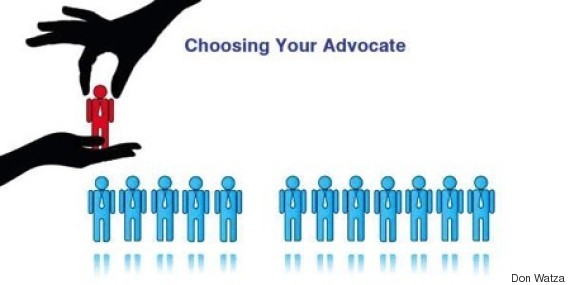
Your advocate should be an expert's expert. Former industry insiders are a good place to start and individuals with industry designations known for their specialization in benefits are best. Most important is their total objectivity and independence.
I recommend individuals with the highest credentials in Compensation and Benefits. The Certified Employee Benefit Specialist (CEBS) is highly sought after, and a hard-to-obtain designation that reflects a personal commitment to the benefit integrity. Another one, more narrow in focus, but super prepared to handle the numbers and regulations is actuaries.
You should expect to incur cost to hire an advocate but you should be able to expect a return on your investment in a reasonably short time. Use your monthly family premium as a measure of your cost and payback.
It's a brand new day in healthcare, together owners and their newly found advocate can make the best business decisions.
Don Watza, CEBS, President & Founder of BenStaff,Inc., is an Independent evaluator and advocate for owners and their employees. He recently completed the Goldman Sachs 10,000 Small Business Program in Detroit, Michigan and is introducing a new service accenting the value of Independent Evaluation and advocacy.
Learn more about this topic and other benefits' guidance for small business on Don's company site BenStaff.com or his personal Healthcare Economics' blog at DonWatza.com.